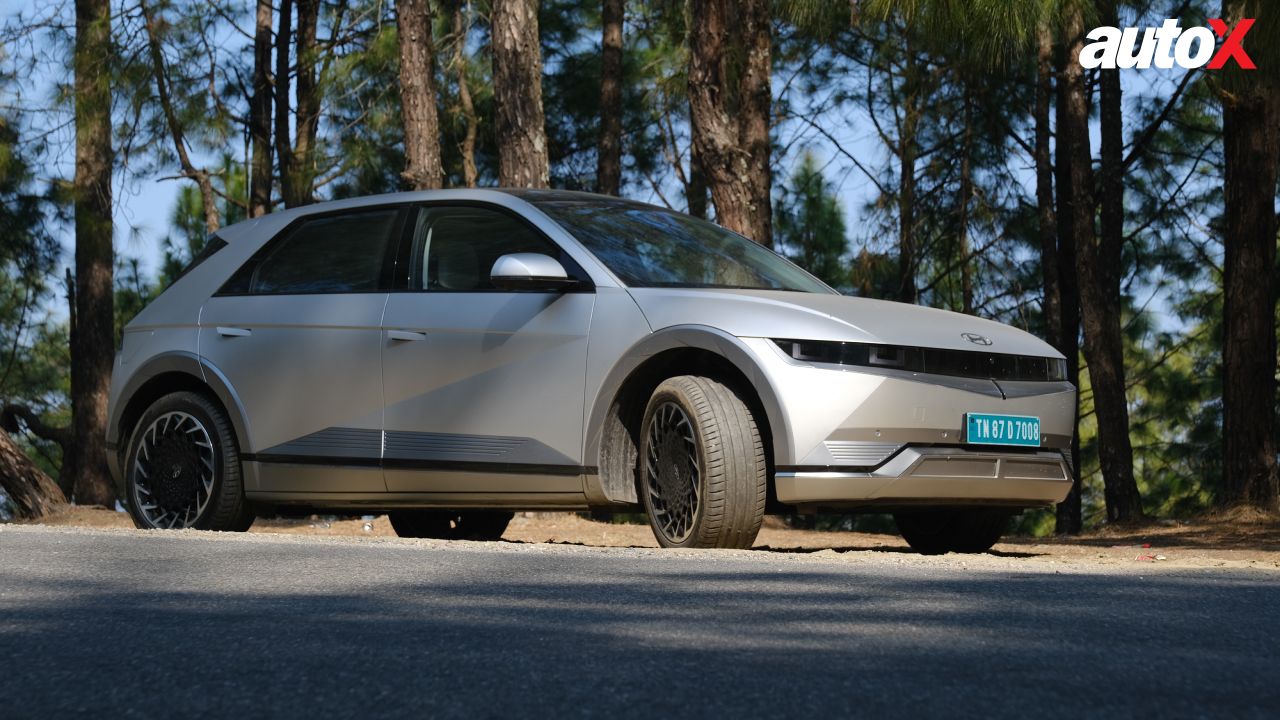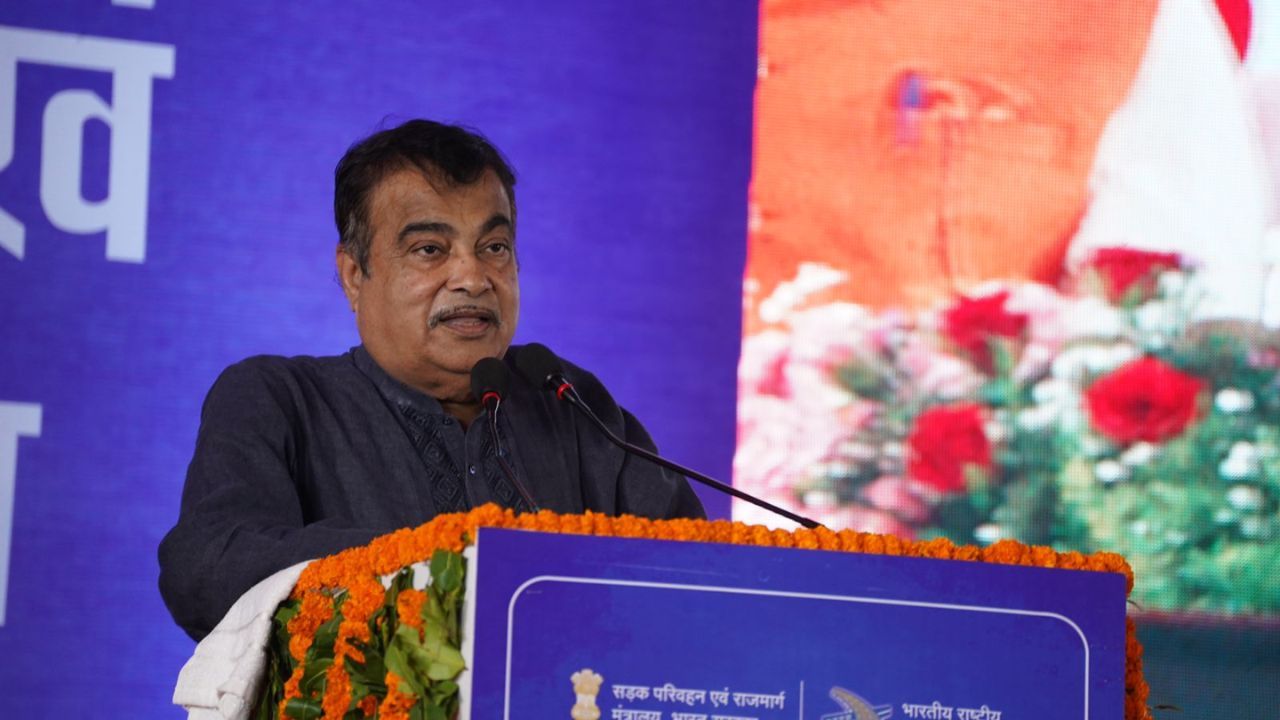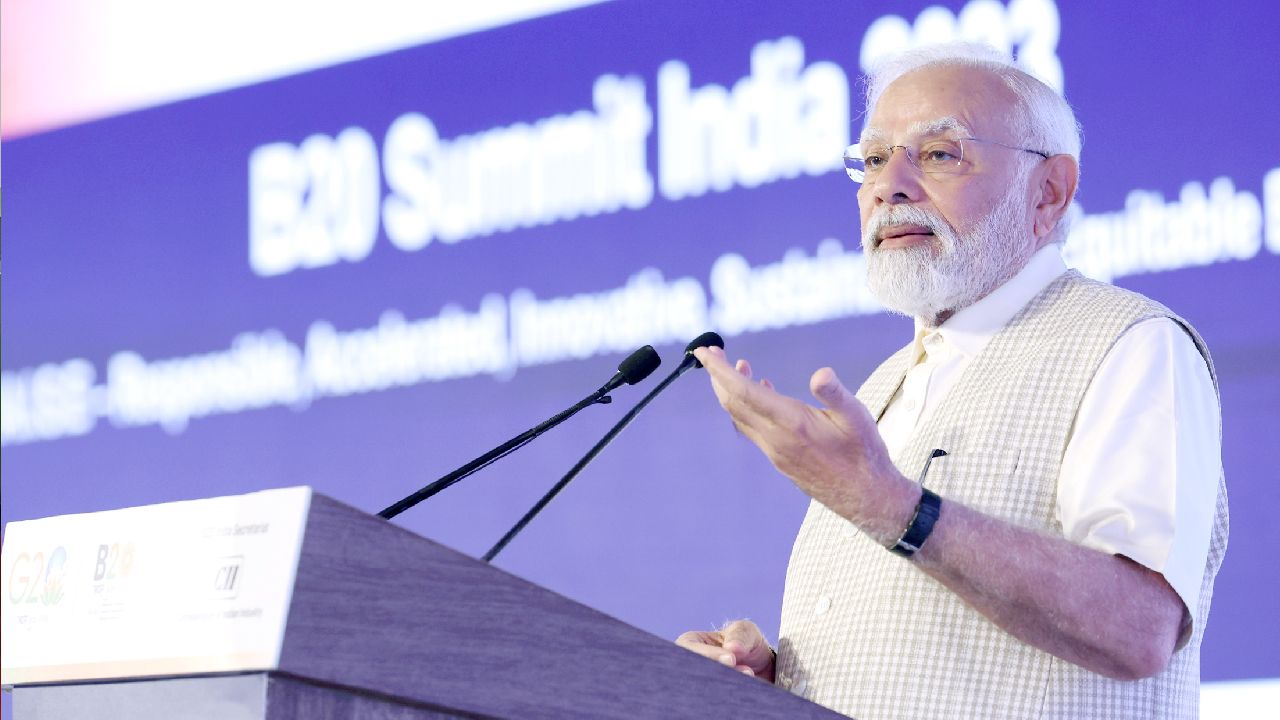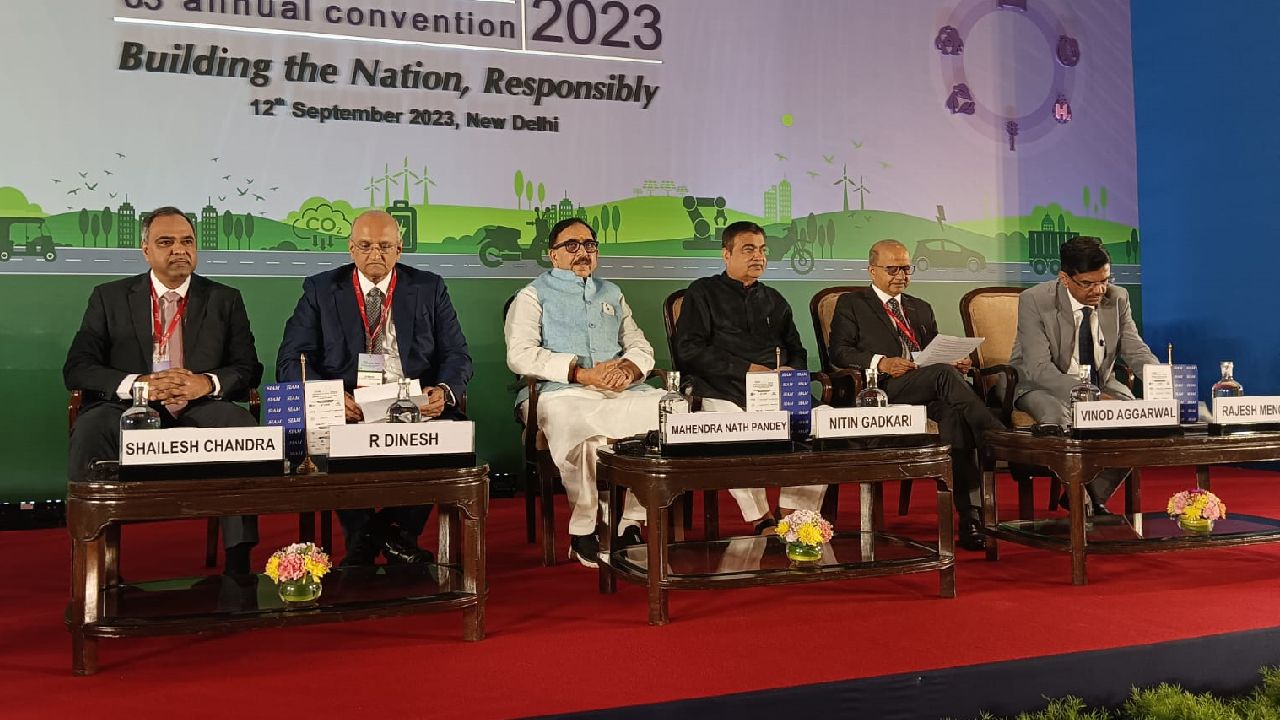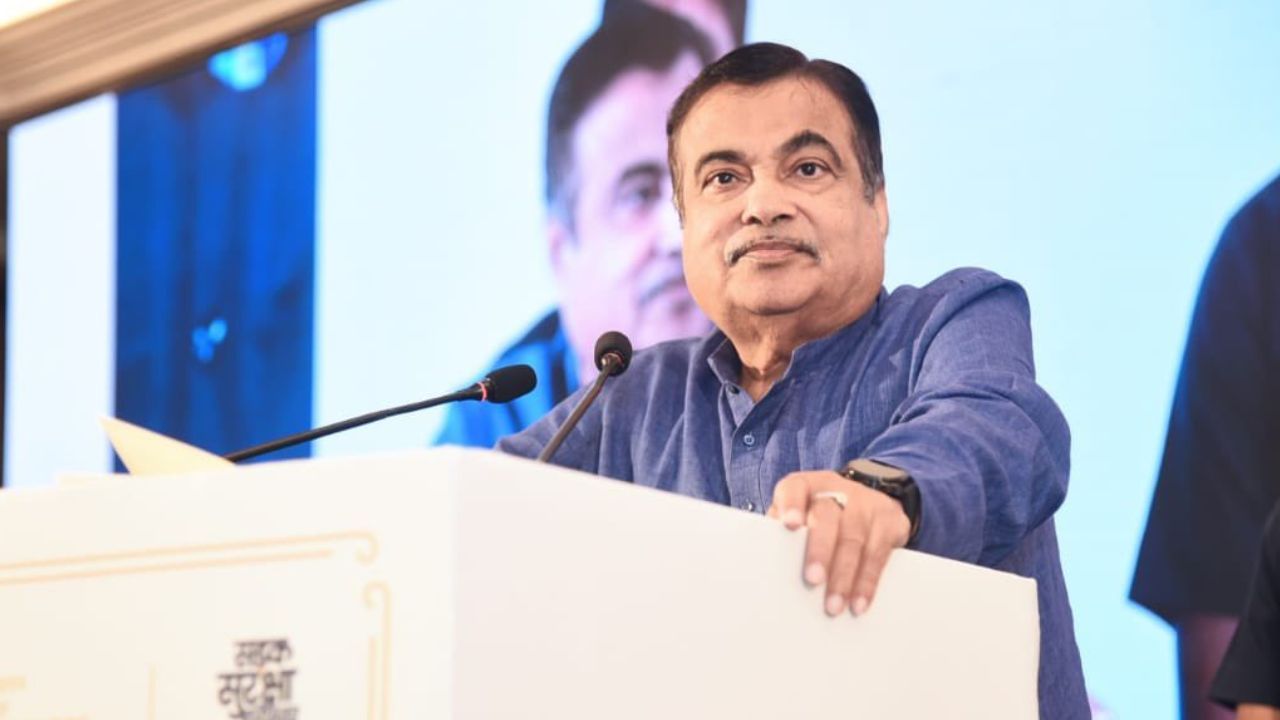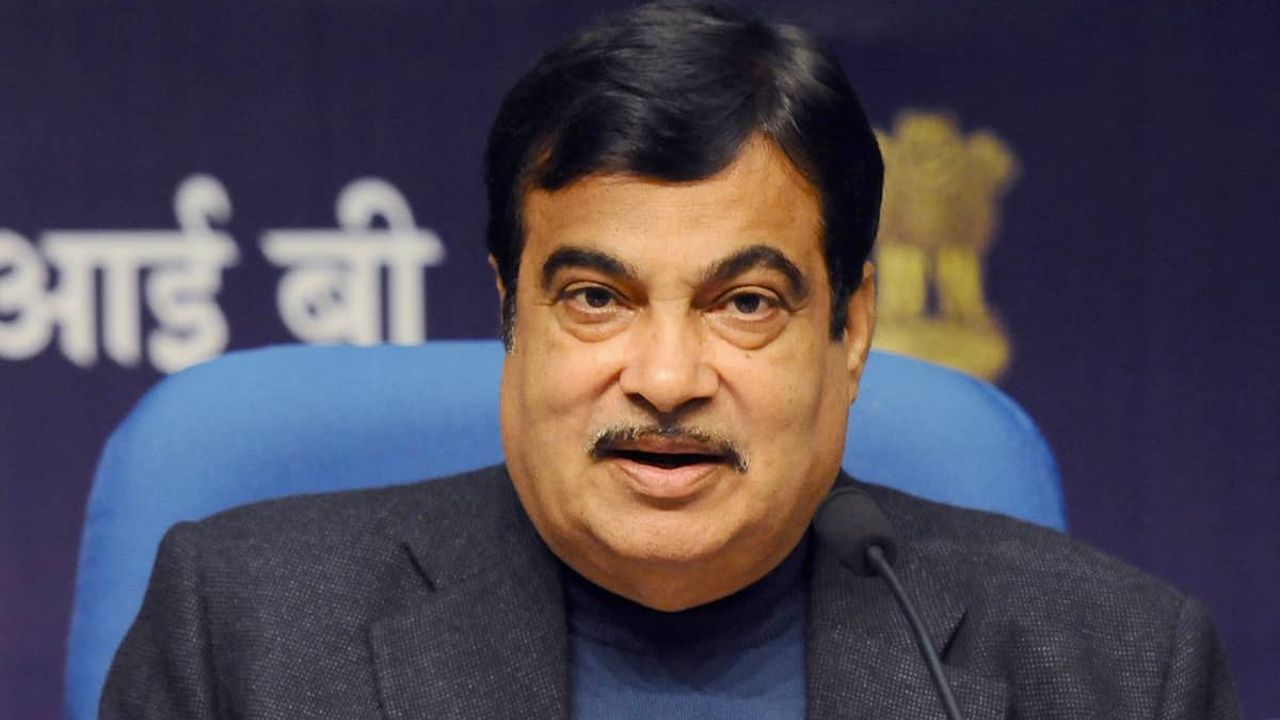Nitin Gadkari Opposes Driverless Cars in India; Here's Why
The entry of driverless vehicles in India has long been an issue of debate. Let's see what our Union Minister of Road Transport and Highways has to say about the adoption of these cars in the country.

Nitin Gadkari, the Union Minister of Road Transport and Highways, expressed his outright opposition to the entry of self-driving cars into India at the Zero Mile Samvad event, hosted by IIM Nagpur. His strong objection to such vehicles stems from his determination to safeguard the employment opportunities of countless Indian drivers. Transportation, tourism, and logistics industries all contribute to job opportunities in our country. If driverless cars start operating in India, around eighty lakh workers from these different industries might lose their jobs. Therefore, the Narendra Modi government is against keeping automotive technology above the financial security of the Indian driving workforce. Apart from this, Gadkari highlighted the necessity of hydrogen as the energy source of the future in India.
Also Read: Yamuna Expressway Speed Limit Decreased to 75km/h; Here's Why
No Driverless Cars in India: What's More?
According to the Union Minister, many prominent figures have expressed their wish to see driverless vehicles on Indian roads. He did, however, express his disapproval of the notion as long as he is in this position. When asked if he opposed the country's technological feats, the minister explained that, although he is a supporter of advancement, he would never put innovation above the financial well-being of workers. The senior BJP member also said that only countries with small populations could make use of these kinds of cars. Interestingly, this is not the first time that Gadkari has voiced his strong objection to the idea of permitting autonomous cars in India. In July 2017 and December 2019, he expressed the same views.
In addition to this, Gadkari announced his intentions to focus on decreasing accident-prone areas, implementing stricter penalties for driving violations, and incorporating cutting-edge technology, particularly for vehicles powered by hydrogen.
What are Driverless Cars?
Self-driving cars have minimal or no intervention from humans. These cars employ a range of sensors, cameras, and radars while operating on public roads. Advanced driver assistance systems, or ADAS, have become available in a growing number of cars, including many on Indian roads. There are six ADAS levels, ranging from zero (completely manual) to five (fully autonomous), according to the Society of Automotive Engineers (SAE).
In India, many new cars now include Level 1 and Level 2 ADAS systems. In comparison to the Level 1 system, which only permits a single automated system such as cruise control, the Level 2 system enables a car to modify its steering and acceleration while still requiring human attention and engagement whenever needed. At Level 3, the car begins to assess its surroundings, such as other vehicles, obstructions, and so on. On Level 4, however, the vehicle can function independently and needs geofencing. These levels allow for human interaction. But at the highest Level 5, the car functions entirely autonomously, without monitoring or human intervention.
Self-Driving Cars in India: Yes or No
The entry of self-driving cars in India is a highly debatable subject. Some see it as national progress, while others assert that it is a major risk to people's employment and safety on the roads. Many people think that such cars won't be able to handle the congested roadways as well as cluttered, unorganized, and uncooperative traffic in our nation.
Numerous accidents occur in India even when drivers are aware of the state of the roads. It is therefore unclear as to how an autonomous vehicle will handle each of these problems. On the other hand, some argue that human error will be eliminated by self-driving cars, leading to a decrease in accidents. By selecting the less-travelled route via vehicle-to-vehicle (v2v) communication, these vehicles can save time and effort in addition to lowering traffic.
Also Read: Current Delhi EV Policy Extended till December 31; Here's All You Need to Know
In conclusion, we believe the adoption of autonomous vehicles in India will take some time. It would be sensible to allow such vehicles here once Indian roads, infrastructure, and regular driving patterns of citizens mature to the level demanded by such automotive technology.

